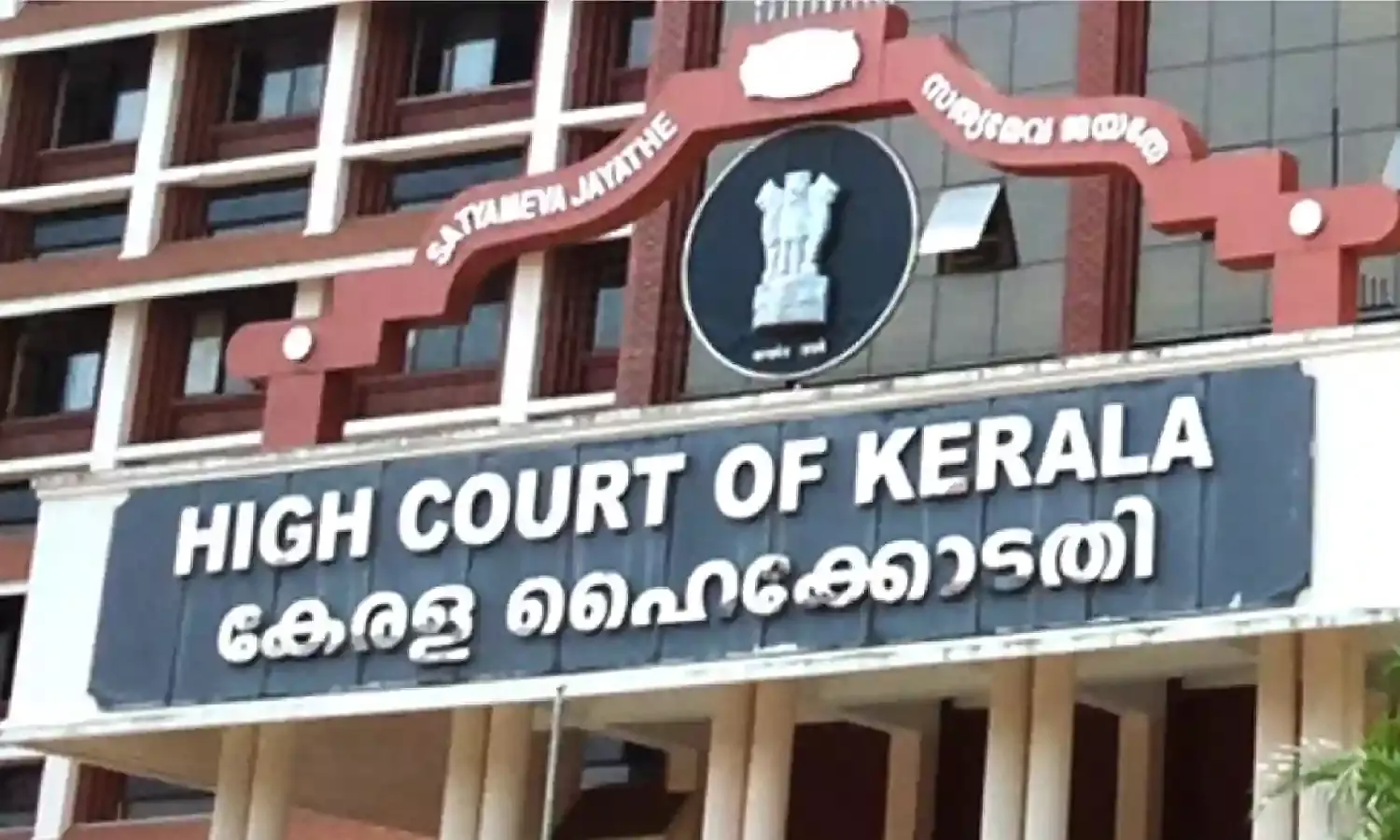'Society Would Approve Death Sentence': Kerala HC Confirms Death Penalty To Accused In Law Student Rape & Murder Case
The Kerala High Court has confirmed the death sentence of a man for committing the rape and murder of a law student in 2016.
In that context, the Bench of Justice PB Suresh Kumar and Justice S Manu observed that, "in a case of this nature, the society would certainly approve the awarding of death sentence, especially since the victim was a young lady who was forced to live in a structure on the side of the public road, on account of her impoverished social background, and the crime was one committed within the premises of her own shelter. Needless to say, the death sentence awarded to the accused is liable to be confirmed and we do so."
Special PP NK Unnikrishnan appeared for the petitioner, while Senior Advocate Sasthamangalam S Ajithkumar appeared for the respondent.
The accused was convicted by the Special Judge for Scheduled Castes and Scheduled Tribes (Prevention of Atrocities) Act in Ernakulam. He was found guilty of trespass, wrongful confinement, murder, rape, and causing death resulting in a persistent vegetative state under various sections of the Indian Penal Code. He was sentenced to death, among other punishments.
According to the prosecution, the accused, under the influence of alcohol, forcibly entered the victim's residence and committed rape and murder. When the victim resisted, the accused brutally attacked her with a knife, repeatedly inserting it through her vagina, causing severe injuries and the protrusion of internal organs. The victim, a 30-year-old woman from the Scheduled Caste community, had been abandoned by her father during her childhood.
The High Court affirmed the conviction of the accused for the offences punishable under Section 449 IPC, house-trespass in order to commit offence punishable with death, Section 342 IPC, wrongful confinement, 376 IPC, rape, 376A IPC, causing death of the victim of rape and 302 IPC, murder.
The Court applied the Crime Test, Criminal Test and Rarest of the Rare Test, and subsequently, the Court noted that there were no mitigating circumstances that favoured the accused.
Confirming the death sentence awarded to the accused, the Court also observed that, "Before parting with the case, it is necessary to observe that it is with a heavy heart that we uphold the ultimate penalty of death sentence to the accused in the case. We hope and fervently believe that this judgment would serve as a resolute deterrent to those who would consider perpetrating such abhorrent acts in future, so that persons similarly placed like the victim who are innumerable in our society, would live with a sense of security and without fear."
Cause Title: State of Kerala vs Muhammed Ameed-Ul Islam
Click here to read/download the Judgment



